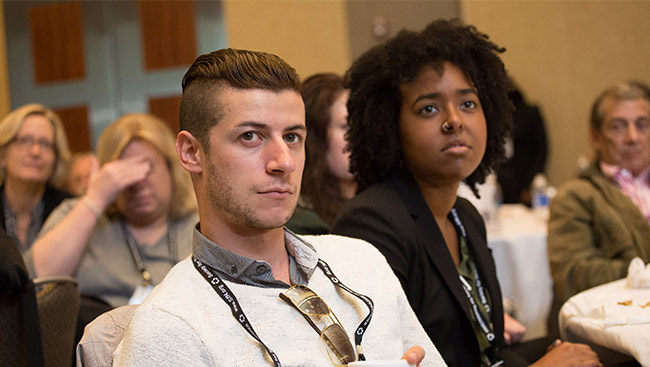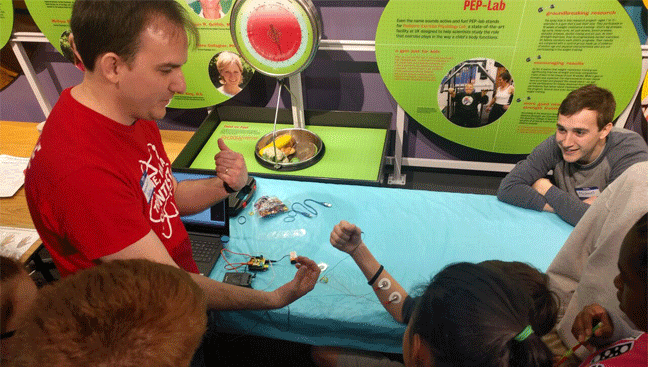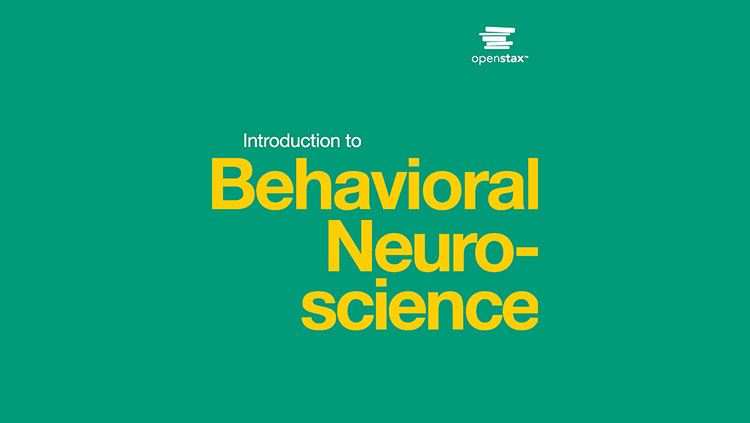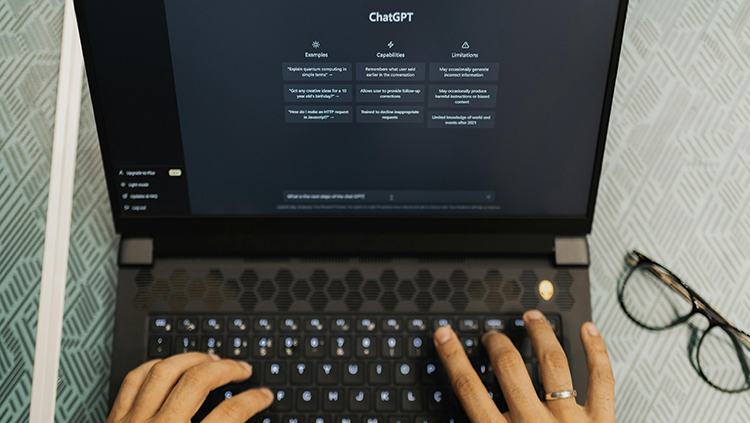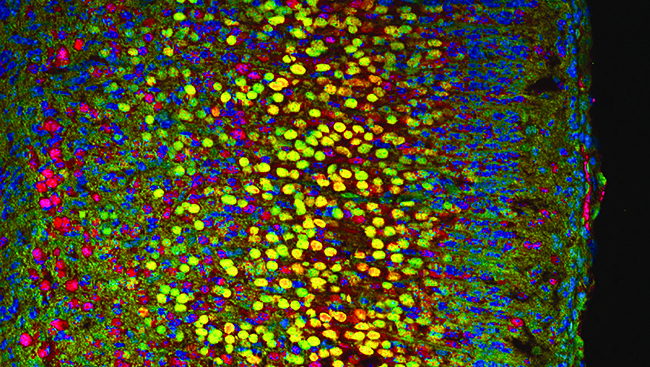How Experiences Outside of the Lab Benefit Students and PIs
- Featured in:
- Training for Diverse Career Paths
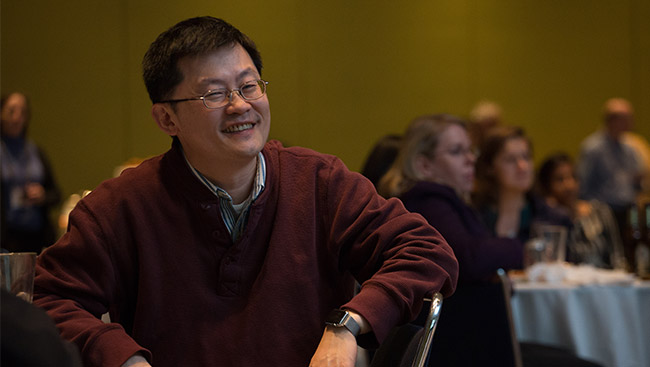
A key goal of any training program is to prepare people for their future careers. Yet, in biomedical research, we continue to prepare graduate students for academic jobs, even though only 43 percent of the post-training workforce of U.S.-trained biomedical PhDs are now employed in academia, according to the 2012 NIH Advisory Committee to the Director Biomedical Research Workforce Group Report.
Making Changes
Experiences outside the laboratory improve trainee career outcomes and productivity. Students who participate in diverse career development activities become more motivated and excited about their research, as well as more independent and productive at the bench.
The reason is that their experiences outside of the lab inform and validate their career goals and provide a sense of confidence that those goals are achievable. In turn, motivation and productivity increases. Career objectives that were once fuzzy are now sharply defined, and career pathway milestones, such as research publications, gain in importance and urgency.
We need to offer graduate students more diverse career training options, which will require significant culture change institutionally and at the level of individual faculty mentors.
In addition to the moral imperative to meet the needs of our trainees, change will be driven by enlightened self-interest. Students will seek out institutions and mentors that support broad career exploration, and eschew those that do not.
Personal Experiences
My enthusiasm for broader career development opportunities derives from personal experience. For example, Andy Cox is an MD/PhD student at my home institution (University of Rochester) who recently completed his PhD in my lab. Along the way, he wrote an independent grant proposal as PI to our institutional Technology Development Fund, which seeks to further the commercial development of university technologies. Andy became the first student PI of such an award, as well as the lead inventor on two patent applications. He was also instrumental in writing a funded NIH R21 award, and functioned as the leader of a small research subgroup within my lab.
These formative experiences allowed me to run my lab more effectively and, in the process, gave Andy the clear sense that he “has what it takes” to succeed in a research career.
Another trainee in my department, Maddie Sofia, has a passion for communicating science. She felt that our students would benefit from training and asked if she could launch a new course to meet that need. As her department chair, I lent my support, guidance, and a small amount of money to bring in outside speakers — and then I got out of her way. Her course was great, as anticipated. What I hadn’t expected was its empowering effect on our other students who saw a very visible example of student-led learning. Maddie made invaluable connections resulting in an internship with Joe Palca at National Public Radio.
The internship positively affected Maddie's research progress because we (Maddie, her mentor, and I) agreed to tie her participation in the internship to the completion of a key milestone in her graduate training: her first submission of a research manuscript as a first-author.
Other students interned in the private sector, regulatory science, data science, University of Rochester’s Flow Cytometry Core Facility and Stem Cell cGMP Facility, and other places by leveraging infrastructure created by our Offices for Graduate Education and Postdoctoral Affairs and our NIH-funded Broadening Experiences in Scientific Training (BEST) program. One of our neuroscience PhD students, Jennifer Stripay, has even taken a leadership role on the Executive Committee of our institution’s Alumni Council. Jennifer provides the group with first-hand insights into the life and needs of our current graduate students, essential to build better ties with alumni and ultimately involve them more actively with current trainees.
Extending career development opportunities beyond the bench produces students who know where they are going, have the skills and training to get there, and the confidence to be sure they’ll succeed.
That’s a win-win-win, for the student, the mentor and the training institution.


